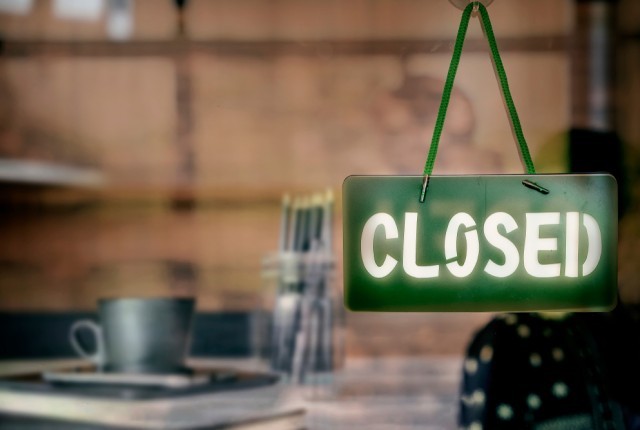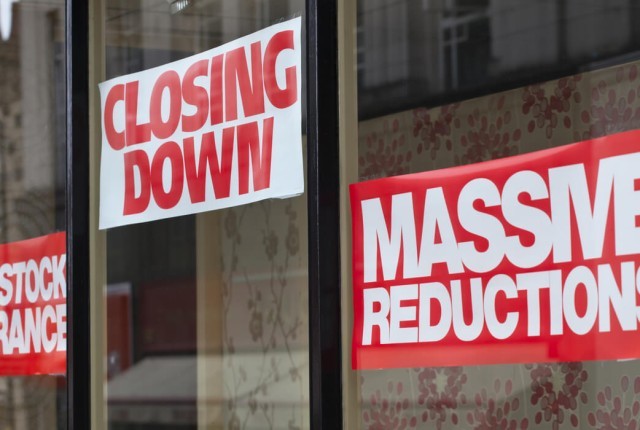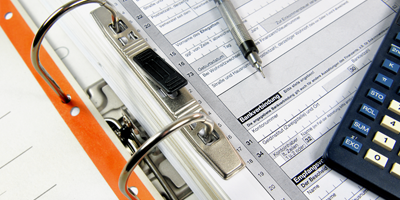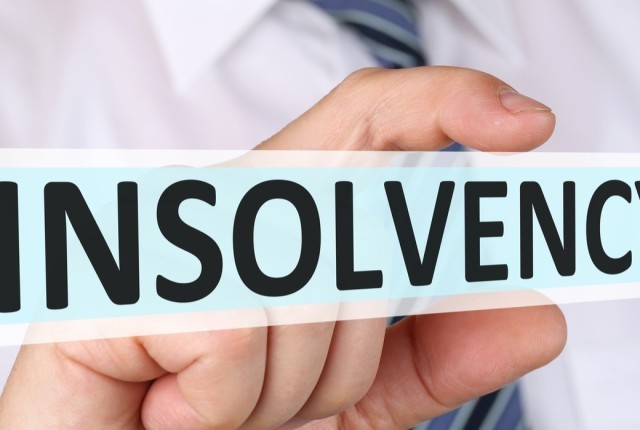Articles Hub
The latest insights and trending topics from Begbies Traynor Group

Business Rates Exemptions, Reductions & Reliefs
The pressure placed on government to reduce business rates has led to a range of reliefs and exemptions being made available, with some local authorities also offering discretionary reliefs to local businesses that meet their criteria.

Can directors be held liable for company debts?
In the main, the limited company legal structure protects directors from personal liability in relation to business debts.

What happens during a liquidation investigation?
When a company goes into insolvent liquidation, the liquidator will investigate the actions of the directors to determine to what extent, if any, they are responsible for the company’s failure. They will carry out an investigation whether you choose to liquidate the company voluntarily or it is forced by the court.

What are Unlawful Dividends?
What are Unlawful Dividends? Begbies Traynor is the UK's market leader in business recovery. With over 100 UK offices and 1000 staff we are well positioned to assist you.

What happens to debts when a company is dissolved?
Dissolution is not an appropriate solution for striking off (dissolving) a company with debts. Liquidation is recommended for several important reasons.

What are the signs of business failure?
When a business fails there are early warning signs to look out for that can help you deal with the matter before it becomes too damaging. Lack of cash often the first indication, and this may materialise as an inability to pay the bills on time.

What does it mean when a company has ceased trading?
Companies can cease trading for various reasons including a director’s retirement or ill health, ongoing financial problems, or simply because the company serves no further purpose.

What happens at a creditors' meeting when a company is insolvent?
When a company becomes insolvent, a meeting of creditors is often called to explain why the business has failed and/or to vote on the next proposed step.

What is a Declaration of Solvency?
What is a Declaration of Solvency? Find out what this means and how Begbies Traynor can provide key advice.

What does it mean when a company is a going concern?
What does it mean when a company is a going concern?

Can I resign as a company director?
If you are thinking of resigning as a company director, there are specific steps you and the company must take.

Strike off a Company vs Business Liquidation
Company strike off - also known as dissolution - and liquidation are two business closure processes with key differences. What do they mean for directors?

What happens if I cannot afford to liquidate my insolvent company?
Insolvency fees can seem prohibitive when your company is facing liquidation.

What is a Phoenix Company and the rules around this process?
A phoenix company describes a business that has been purchased out of administration or liquidation, often by the existing directors.

Advantages and Disadvantages of a CVA
Learn more about Company Voluntary Arrangement procedures including the advantages and disadvantages of this corporate recovery solution.

Can I liquidate one company which is part of a group?
If you own and run several companies which make up part of a group, there may come a time when you want to close one or more of these while continuing to trade with the others. There are a variety of reasons behind this but it is often the case of wanting to close down an unprofitable arm of the company.
